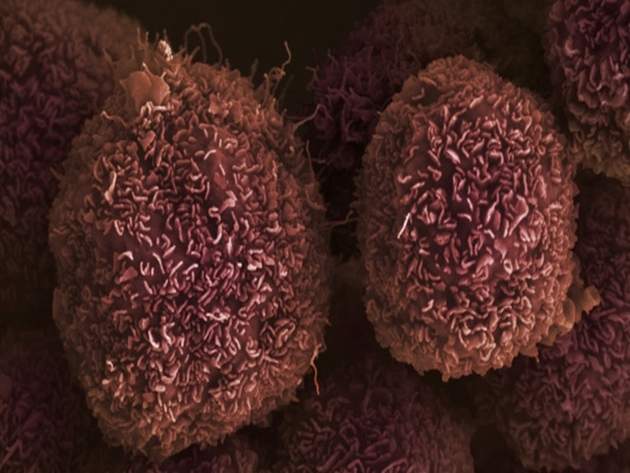

Cancer Research UK has invested £10m in the PRECISION Panc project, designed to include a network of clinical trials for the treatment of pancreatic cancer.

Discover B2B Marketing That Performs
Combine business intelligence and editorial excellence to reach engaged professionals across 36 leading media platforms.
The PRECISION Panc project is a research programme to develop personalised treatments for the patients, providing options and outcomes for better survival.
The programme will include three trials and enrol a total of 658 patients from a number of centres across the UK.
Funded by Celgene and Cancer Research UK, the PRIMUS 001 trial will evaluate Celgene's FOLFOX-A (FOLFOX and nab-paclitaxel) compared to GA (gemcitabine and nab-paclitaxel (SOC) in advanced disease patients.
Another trial known as PRIMUS 002 will include patients where the disease can be surgically removed.

US Tariffs are shifting - will you react or anticipate?
Don’t let policy changes catch you off guard. Stay proactive with real-time data and expert analysis.
By GlobalDataThe AstraZeneca / Medimmune supported PRIMUS 003 trial will involve immunotherapy for advanced disease patients.
Cancer Research UK pancreatic cancer expert and University of Glasgow professor Andrew Biankin said: “PRECISION Panc aims to transform how we treat pancreatic cancer by matching the right treatment to the right patient.
“Because the disease is so aggressive, patients may receive no treatment at all or if they are given an option it will be for just one line of treatment, so it’s essential that the most suitable treatment is identified quickly."
Initiated by University of Glasgow professor Andrew Biankin, the programme focuses on expediting the recruitment and enrolment process during clinical trials.
The molecular profile of each individual cancer will be utilised by the researchers to provide patients and their doctor with a list of trials that could be beneficial.
The initial part of the research will aim to determine the best way to collect and profile patient tissue samples.
University researchers will analyse up to five samples extracted from a tumour of each patient during the diagnosis.
Image: New project for pancreatic cancer trials. Photo: courtesy of Cancer Research UK.





